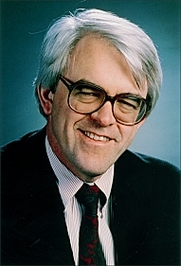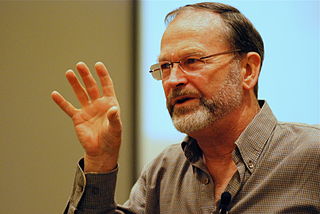A Quote by Kurt Vonnegut
Ink and paper are as cheap as sand or water, almost. No board of directors has to convene in order to decide whether we can afford to write down this or that. I myself once staged the end of the world on two pieces of paper- at a cost of ...less than a penny, including wear and tear on my typewriter ribbon and the seat of my pants.
'Think of that.
Related Quotes
I don't even own a computer. I write by hand then I type it up on an old manual typewriter. But I cross out a lot - I'm not writing in stone tablets, it's just ink on paper. I don't feel comfortable without a pen or a pencil in my hand. I can't think with my fingers on the keyboard. Words are generated for me by gripping the pen, and pressing the point on the paper.
As I get older I find myself thinking about stories more and more before I work so that by the time I eventually sit down to write them, I know more or less how it's going to look, start or feel. Once I do actually set pencil to paper, though, everything changes and I end up erasing, redrawing and rewriting more than I keep. Once a picture is on the page I think of about ten things that never would have occurred to me otherwise. Then when I think of the strip at other odd times during the day, it's a completely different thing than it was before I started.
The world is like a sheet of paper on which something is typed. The reading and the meaning will vary with the reader, but the paper is the common factor, always present, rarely perceived. When the ribbon is removed, typing leaves no trace on the paper. So is my mind - the impressions keep on coming, but no trace is left.
Gold is not less but more rational than paper money. Money holds value so long as it is in limited supply; gold will always be in limited supply, and would require real resources to produce even from the sea; paper and printing ink are not in limited supply. The gold system is much closer to a modern automatic scientific control system than the crude and relatively unstable system of paper.






































